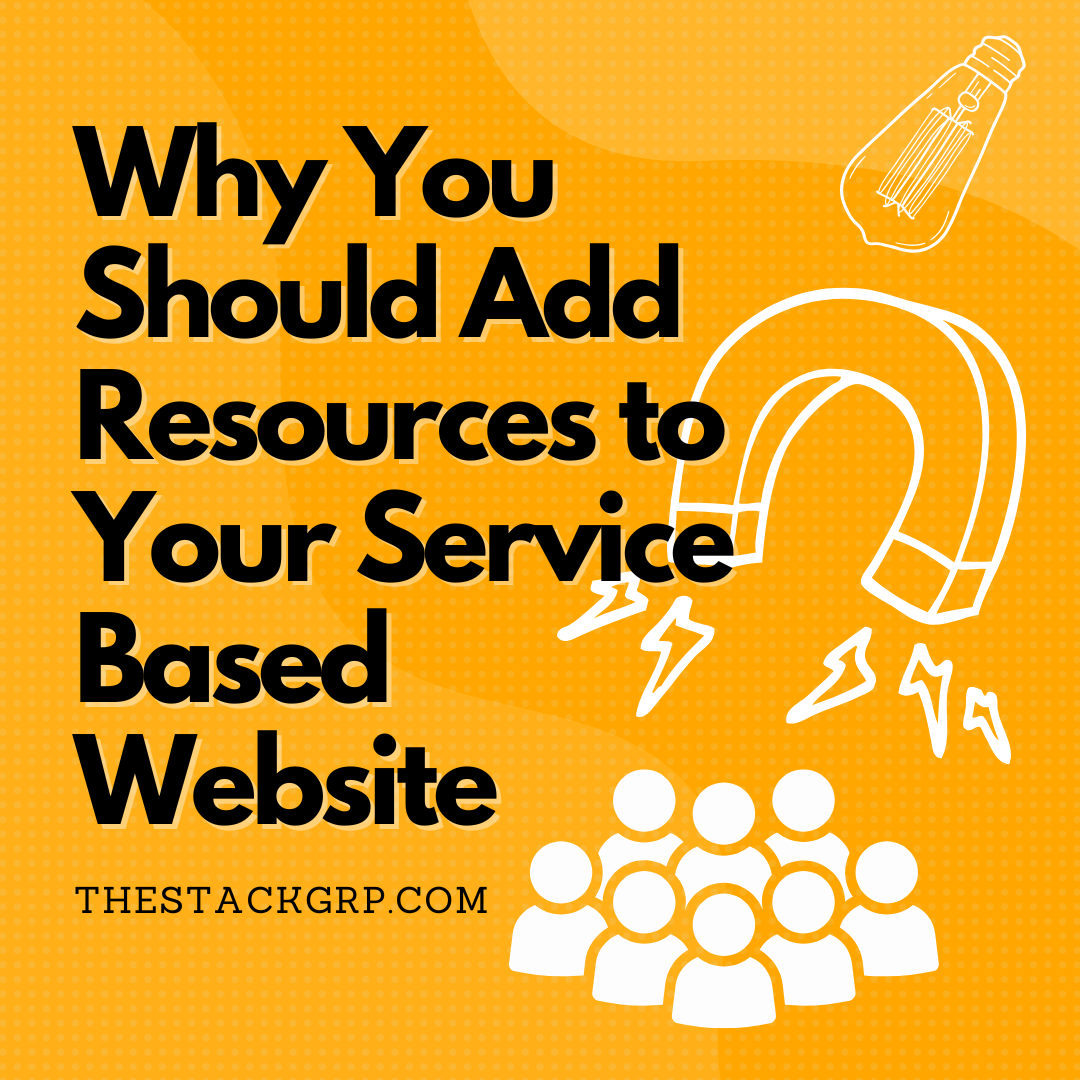How to Make Your Blog Posts Rank Higher on Google
Share article
The Basics Of Search Engine Optimization
So you want to blog for your company? Great idea! Blogging is a great way to share quality content and resources with your audience as well as improve your website's SEO. But before you start blogging, there are some things you should know about SEO (search engine optimization). That's because Google ranks pages based on how well they comply with certain criteria-and if your blog posts don't rank well, even if they're good content, no one will ever find them. Here are some tips for optimizing your blog posts so that Google will rank them higher.
Table of Contents
- What is SEO and Why it Matters
- Keyword research
- Importance of high-quality content
- Keyword Phrases
- Adding Links
- Staying on topic
- Writing helpful content & adding value
What is SEO and Why Does It Matter to Your Blog Posts
SEO is the process of optimizing a website so that it will rank higher on search engines like Google. The higher your website ranks, the more people will see it and the more traffic you'll get. SEO is important for your blog because it's how you can ensure that your content is seen by as many people as possible. If you want to rank well on Google, you need to learn how to optimize your blog posts for SEO.
Tips for Optimizing Your Blog Posts
Keyword research-choose a keyword or phrase that you want to rank for
Keywords are words or phrases that you would like to be found in the search engine results for. To choose a good keyword, first think about why people would want to find your blog post. Is it because they want information about a specific topic? Are they looking for a solution to a problem? Whatever the reason is, make sure that this term or phrase is included prominently in your blog post title and is inserted in the first paragraph of your blog post.
In addition, you want to also research the volume and difficulty of the keyword phrase you have in mind. You can use tools such as keywords everywhere or other free tools online to find the volume of specific keyword search terms. Ignoring this could lead you to write an article around a search phrase that nobody is searching for.
Create quality content with keywords in mind
Now that you know how to choose good keywords for your blog posts, it's important to understand how to create quality content around those keywords. Remember, Google ranks pages based on a number of factors, including the quality of the content. So if you want your blog posts to rank well, you need to make sure they're high quality.
Here are some tips for creating quality content around your chosen keywords:
- Start by brainstorming a list of topics related to your keyword phrase.
- Then, do some research and compile information that will help your readers learn more about the topic.
- Write in a clear, concise manner and use easy-to-read fonts and headings.
- Include images, graphics, videos, and other multimedia elements to make your blog post more interesting.
- Use lists that are easy for the eye to follow when possible.
- After your final draft is complete, have someone else read it to check for spelling, grammatical errors, etc.
- Link to related content on your own site when appropriate
Inject keywords into the body of your post, but don't overdo it!
One of the most important aspects of SEO is to include your target keyword or phrase in your blog post. But you don't want to overdo it! If you include your keyword too many times, your post will start to look spammy and Google will rank it lower.
Instead, try to find a balance between including your keyword enough times so that it's noticed by the search engines, but not so often that it becomes annoying or distracting to your readers. A good rule of thumb is to include your keyword 3-5 times throughout your post.
In addition, make sure to also use other related keywords and phrases throughout your post. This will help Google better understand what your blog post is about and will increase your chances
Add links within the text of your blog post
It's important to include links within your blog post for two main reasons:
First, it helps readers understand the topic better. When you provide a link, readers can click on it and find more information about the subject. Next, adding links to other articles on your own site not only gives them a chance to read more of your content, but it also helps Google and other search engines rank your article higher (assuming that they're good quality articles themselves).
In addition, it's a good idea to include links to external sites as well. Try adding one internal link and one external link per post. When you provide readers with a way to learn more about your topic ("Read more of this blog for more information!"), they will be more likely to stick around and return again in the future.
Make sure your blog posts are on topic
Simply put, you want to write about topics that are related to your business, your products and services, and your industry.
If you're a plumber, for example, and your blog posts are about fishing, gardening, or cooking, you'll confuse your readers and they won't know what to expect from the content on your site. Google will also be less likely to rank those articles as well since they don't relate back to topics related to your business.
Write helpful content
The most important rule in any content marketing strategy is to provide readers with helpful and valuable content. It's not enough to just create high quality blog posts-you need to make sure that the content provides value and is helpful in some way.
You don't want your blog posts to just be a series of letters or an elaborate spam campaign. Remember that people are coming to your site looking for information, so it's important that you provide them with substance.
Here are some things you can do to keep your blog posts on point:
-Provide information that will be valuable to your readers by using eBooks, guides, infographics, etc.
-Share insights about what's going on in the world related to your business and industry.
-Include tips, tricks, hacks, suggestions, how-tos, etc.
Think of your target audience when creating blog posts. After all, the content you produce should be related to giving them as much value as you possibly can.
In Conclusion
As you can see, there are a number of things that bloggers need to do in order to rank well on Google. If you want your blog posts or articles to rank high and get more traffic from the search engines, make sure they follow these guidelines: First, include relevant keywords throughout the text so that Google knows what content is about. Include 3-5 times per post but don't overdo it! Second, give readers links within the text-it helps them understand better and improves ranking for SEO purposes; also be sure to include other related keywords as well. Finally, write helpful content with substance by providing information (eBooks), insights (what's going on in the world) and tips/tricks/hacks etc., all related to your business, industry, and target audience. By following these steps, you'll increase the chances of ranking higher on Google so that more readers will discover your blog posts!
Questions? Have a project you're ready to launch?
Simply text our team at
(857) 256-1295 or send us a message!
Latest Articles





